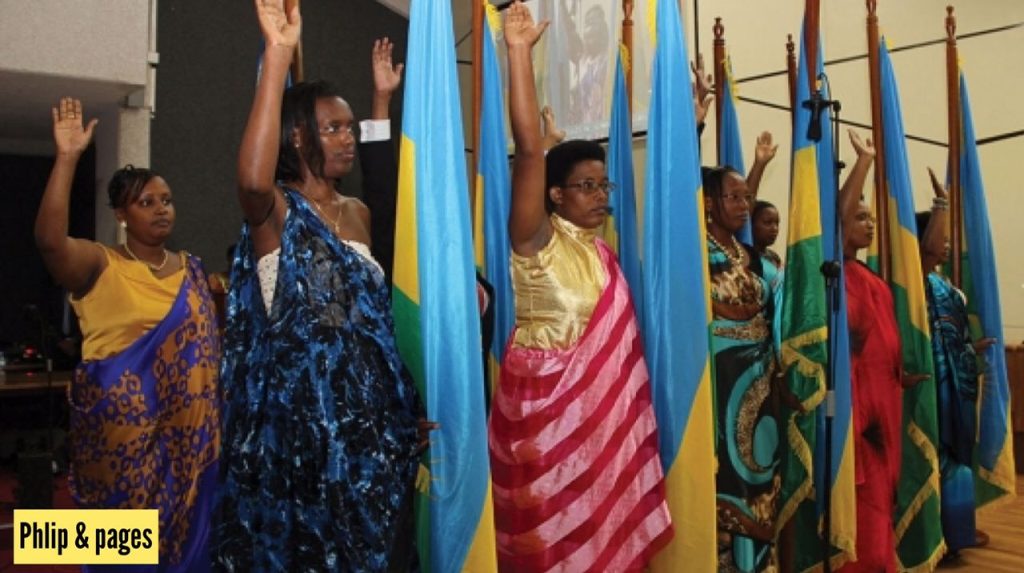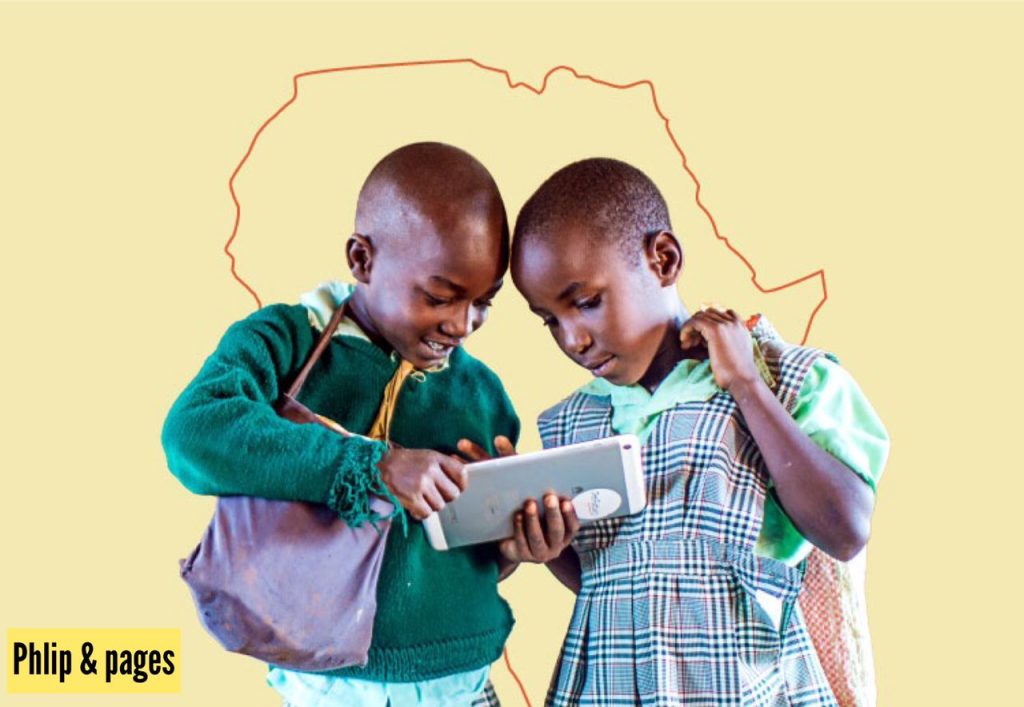Post-colonialism has had a profound impact on Africa, reshaping its mental landscape and challenging the legacies of colonial rule. This article delves into the transformative power of post-colonialism in Africa, exploring how it has facilitated a shift in mindset, empowered individuals, and laid the foundation for a new narrative rooted in self-determination.
Liberation from Colonial Mindset

The era of post-colonialism represents a critical turning point where Africans reject the mentality imposed by colonization and embrace their own cultural values and identities. Breaking free from the chains of colonial thinking fosters empowerment, confidence, and resilience among individuals who are now able to define themselves on their terms. This liberation strengthens mental well-being by cultivating pride, self-acceptance, and a sense of belonging.
Reclaiming Cultural Heritage
An essential aspect of post-colonialism is reclaiming African cultural heritage that was marginalized or suppressed during colonization. Through language revitalization efforts, reconnecting with indigenous customs, dance, music, literature, Africans regain ownership over their traditions. Cultural reclamation provides avenues for personal expression, self-discovery, and promotes mental well-being by fostering connection to ancestral roots.
Political Empowerment

Post-colonial movements have empowered Africans politically, enabling them to actively participate in governance decision-making processes. This newfound political agency instills hope, fosters civic engagement, and encourages citizens to take charge of shaping their societies. By being active participants in democracy, Africans experience increased satisfaction, sense purpose contributing positively towards collective mental well-being.
Economic Independence
Breaking away from colonial economic systems is an integral component of post-colonial transformation. Africa seeks economic independence through sustainable development initiatives, inclusive growth strategies, reducing reliance on external forces. Empowering local communities, businesses fosters entrepreneurship, self-sufficiency which positively impact mental well-being by enhancing economic opportunities, providing a sense of control autonomy.
Education for Empowerment

Education plays a crucial role in Africa’s post-colonial mental revolution. By decolonizing curricula and incorporating African history, perspectives, languages; education becomes a tool for empowerment. Culturally relevant education nurtures critical thinking skills, fosters self-confidence, and equips individuals to challenge social injustices. By valuing indigenous knowledge systems, Africa promotes inclusive learning environments that enhance overall mental well-being.
Social Justice and Equality
Post-colonialism inspires Africans to strive for social justice, equality, eradicating systemic discrimination. Post-colonial movements have been instrumental in addressing issues such as gender inequality, land rights, racial injustice. This pursuit of equality contributes to improved mental well-being by creating societies where all individuals feel valued, respected, having equal opportunities, a sense of belonging.
Pan-African Solidarity

Post-colonialism fosters pan-African solidarity, breaking down barriers between nations and promoting unity. Africans are embracing shared identities, collaborating on regional development projects, supporting each other during crises. Solidarity enhances mental well-being by fostering community support networks, reducing feelings isolation, stigmatization. It creates platforms collective action towards common goals ensuring no one is left behind.
Conclusion

Post-colonialism has fundamentally transformed Africa’s mental landscape by challenging colonial mindsets, reclaiming cultural heritage, promoting political empowerment,economic independence, educational reform, social justice, and fostering pan-African solidarity. These transformative processes contribute significantly to the continent’s holistic well-being. Africa continues its journey towards self-determination, elf-realization with renewed hope, determination, belief in own narratives. As chains of colonization break, Africa embraces its rich diversity, forges ahead towards brighter future rooted in resilience, empowerment, and collective flourishing mentally emotionally.
















